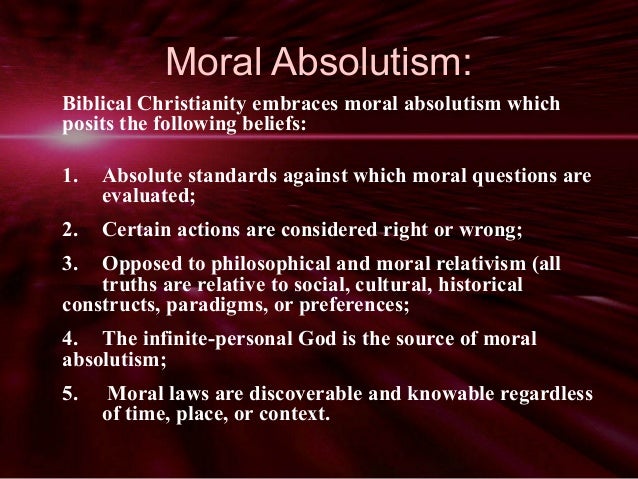Quote: Originally Posted by aCultureWarrior
Two things:
If I'm silent about who I want running the country, it seems to be that I'd be ashamed of who I voted for.
Secondly: If you're putting immoral men and women into public office, you can't hide that from God.
Here's a question for you EW: If you were given the choice to drink two different poisons, what would you do?
My answer would be: "No thanks, I'll drink neither. I'll sit this one out and try harder the next time around to elect a God-fearing President."
Christians don't even agree about the definition of God-fearing. Would this person be dispensational, evangelical, reformed, baptist, trinitarian, etc?
Some consider chemotherapy a poison, with both risks and benefits.
Are moral absolutes 'debatable' amongst so-called 'Christians'?
For the benefit of those that hadn't read Selwyn Duke's article the first umpteen times I posted it:
Why many American Christians really are un-Christian
...Let us be blunt: It is simply not possible to espouse relativism — which holds that right and wrong are opinion — and be a true Christian.
Why? It's simple: Jesus did not die for our opinions. Jesus did not say that His blood was the blood of the new and everlasting covenant and that it would be shed for you and for all so that opinions may be forgiven; He did not say, I am a way, a truth, and a life; He did not say, let he who is without opinion cast the first stone; He did not say to that dark tempter, "It is said, 'Thou shalt not tempt the Lord thy God,'" but, hey, Satan, whatever works for you.
There are many doctrinal differences among the denominations, and good people could debate them ad nauseam and still not settle every one. Yet, if anything is central to Christianity, it's the belief that Truth is spelled with a capital "T," that it is absolute, universal and eternal. And also central is a corollary of this belief: that there is an absolute, universal and eternal answer to every moral question; that right and wrong are not a matter of opinion, that they don't change from time to time and place to place...
In fact, understand that moral relativism does nothing less than render the foundational act of Christianity, the sacrifice on the cross, incomprehensible. Why? Simply because Jesus died for our sins, and this presupposes that sin exists. However, if what we call morality is simply opinion, then there can be no such thing as sin. For who is to say? "Hey, I have my truth, you have your truth. Don't impose your values on me!" protests the relativist. And if there is no such thing as sin, there was no reason for Jesus to sacrifice himself. After all, what does anyone need to be forgiven for if there is no sin?
Now we come to why this piece isn't just for Christians. The concept of Absolute Truth lies at the heart of Judaism, Islam and, in fact, philosophy itself. Why philosophy? Because, properly defined, philosophy is the search for Truth.
Read more:
http://www.renewamerica.com/columns/duke/100301
https://image.slidesharecdn.com/lec...re-8-morallawargument-3-638.jpg?cb=1410143233


